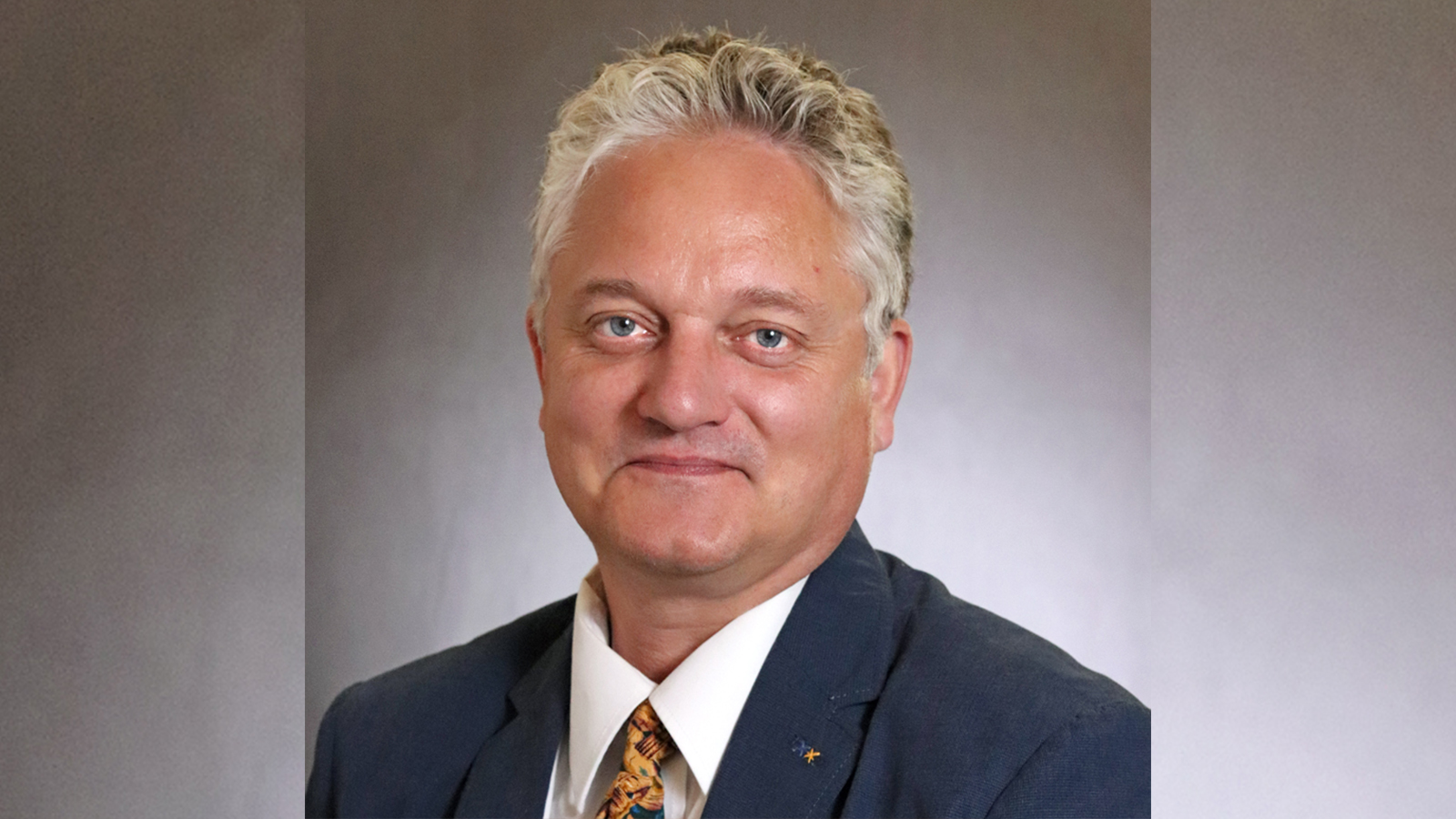Comparative Literature Professor Wins Modern Language Association Award
December 15, 2021

Ralph Bauer’s “The Alchemy of Conquest” revises our understanding of the language around conquest and discovery in the early Americas.
By Rosie Grant
Professor of English and Comparative Literature Ralph Bauer’s work “The Alchemy of Conquest: Science, Religion, and the Secrets of the New World” has been awarded the Modern Language Association of America’s (MLA) Aldo and Jeanne Scaglione Prize for Comparative Literary Studies.
“The Alchemy of Conquest” examines the historical relationship between European expansionism in the Americas and the Scientific Revolution during the so-called Age of Discovery. It focuses particularly on the “language” of alchemy—the ancient speculative art of transforming base metals—in the Spanish, English and French literatures of discovery during the early modern period (ca. 1500-1700).
The book’s inquiry into the violent connections between conquest, discovery and alchemy in the early Americas was inspired by Gabriel García Márquez’s novel “One Hundred Years of Solitude,” said Bauer.
In the novel, an alchemist named Melchíades appears in the remote South American town of Macondo and writes an enigmatic manuscript in the ancient Indo-European language of Sanskrit. When it’s finally deciphered at the end of the novel, it turns out to be a prophecy of Macondo’s destruction. “The Alchemy of Conquest” is “conceived as a literary and cultural history of Melchíades’s apocalyptic manuscript,” according to Bauer.
Encapsulating 16 years of Bauer’s research, the work provides a deep exploration of the role that alchemy played in the literature of the discovery of the Americas and in the rise of an early modern paradigm of discovery in both science and international law.
For example, alchemy had been rather marginal in medieval science and primarily an artisanal endeavor often practiced by friars in the mendicant orders. Bauer explains that during the age of European expansionism, it moved into the courts of monarchies eager to harness its methods and operations for military technology in their competition for global dominance during the 16th century. Alchemical language and ideas laid the foundations for a modern rhetoric of science in the aftermath of the conquest of America, during the Scientific Revolution of the 17th century.
The book traces the legacies of late medieval alchemists such as Roger Bacon, Arnald of Villanova and Ramon Llull in the early modern literature of the conquest of America in texts written by authors such as Christopher Columbus, Amerigo Vespucci, José de Acosta, Nicolás Monardes, Walter Raleigh, Thomas Harriot, Francis Bacon and Alexander von Humboldt.
The award will be presented on January 8, 2022, during the Modern Language Association’s annual convention in Washington, D.C. UMD English alum Allison Bigelow ‘03, whose honors thesis was directed by Bauer, will also be awarded the MLA’s Prize for a First Book. Bigelow is an associate professor of Spanish at the University of Virginia.
Bauer specializes in the literatures and cultures of the early Americas, comparative literature, critical science studies, as well as hemispheric American and early modern Atlantic studies. He is the general editor of the Early Americas Digital Archive and is currently serving as associate dean for academic affairs in the College of Arts and Humanities at the University of Maryland.

